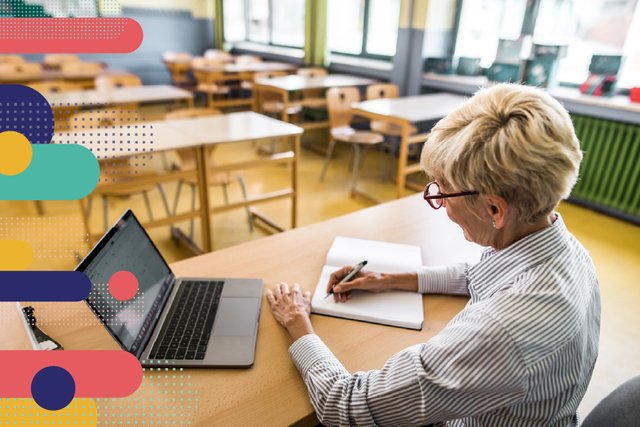Ways to Improve Efficiency in Learning
Achieving efficiency in learning is a worthy goal, but educators have mixed feelings about it. They think efficiency is a noble goal, but worry that it will compromise quality education. Unfortunately, this misperception leads to misguided efforts to achieve efficiency. So what is efficiency and how can it help us improve education? Below are three ways to improve learning efficiency. Let's take a look at each. Let's start with the definition of efficiency.
Mastery refers to a knowledge state that involves confidence in one's knowledge. The combination of confidence and correctness leads to increased efficiency and revenue. However, mastery can only happen if there is no misinformation. Amplifire research has shown that employees routinely hold large amounts of misinformation. This is what they call Confidently Held Misinformation. It's essential to understand the nature of mastery, because it determines how successful your training will be.
Students can exhibit varying levels of efficiency in different learning tasks. Inefficiencies in learning may arise from a variety of factors, including the perceived value, interest, and cognitive difficulty of the learning task. For example, a Year 11 student named Melissa might be able to complete an assignment much more quickly than a math class that teaches calculus. Similarly, the learner may experience a greater degree of satisfaction and achievement when studying Carpentry than she would if she were learning Calculus.
A teacher with efficiency in learning can handle many aspects of teaching, including administrative duties, grading papers, and meeting with administration and other teachers. Efficiency in teaching is a key characteristic of an effective teacher. Teachers who are efficient in their work are concerned with the content they teach, and take responsibility for their students' academic success. They have a routine for each day, week, and year. And they know how to handle problems and cut through red tape.
A common mistake educators make is ignoring cognitive complexity in their lessons. The complexity of a subject may demotivate students. By capitalizing on prior knowledge, teachers can ensure students' efficiency in learning. The result? Superior results. So, while maximizing learning efficiency is crucial, it is also important to pay attention to the cognitive load of the subject. There are several theories to consider in this regard, but all of them are important and must be explored further.
Students with efficiency in learning have a high chance of achieving goals. By investing in their knowledge, they are more likely to retain it and maximize their learning experiences. When they don't, they are more likely to engage in inefficient practices and squander time. Self-regulation is a key element, and can operate in tandem with personal cost. In addition, students who have higher levels of self-regulation tend to be more likely to be productive and efficient in their learning.


Some things go well, some should never have happened and some can be improved and turn into beautiful things. Re-shared. 🔮🧿🧩